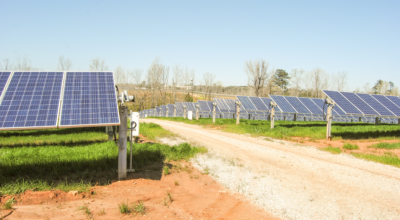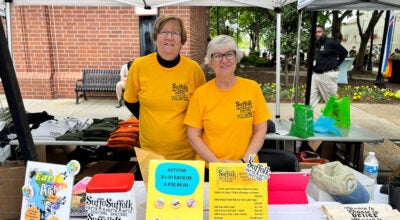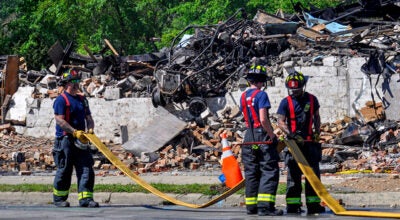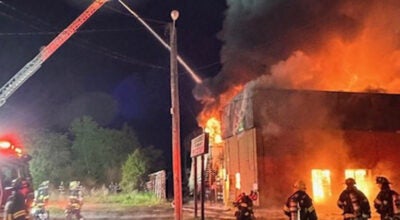Bundle up, drip pipes
Published 10:00 pm Wednesday, February 10, 2016
With temperatures forecast to drop into the low teens this week, residents are urged to take precautions to avoid the costly headache of frozen pipes.
A bit of snow is expected Friday, but it’s not expected to amount to much — a few tenths of an inch, according to the National Weather Service.
The bigger concern is the low temperatures. The forecast low on Saturday night is 11, with a wind chill near 0.
Thursday’s temperatures are the highest through the weekend — a high of 38 and a low of 18. The mercury will drop even farther after that, with a high of 26 and a low of 16 on Sunday.
Saturday will be especially brutal due to the wind.
Local real estate agent Harry Cross III, who manages a lot of rental units, said he has educated his renters to drip their pipes on cold days.
“Frozen pipe repairs can run $250 for a simple problem to $5,000 for a major job with many frozen pipes,” Cross said.
He said the most likely ones to freeze are in exterior walls on the north side of a home. Even pipes behind insulated walls are not immune.
“By dripping the pipes in a couple of places, such as bathroom and kitchen sink, it greatly reduces the probability of the line freezing,” Cross said. “Moving water seldom freezes.”
The American Red Cross offers some additional tips to help you stay safe during extremely cold weather:
- Wear layers of clothing to stay warm, along with a hat, mittens and waterproof, insulated boots.
- Watch for hypothermia and frostbite. Hypothermia symptoms include confusion, dizziness, exhaustion and severe shivering. Frostbite symptoms include numbness, flushed gray, white, blue or yellow skin discoloration, numbness or waxy feeling skin.
- Don’t forget your pets — bring them indoors. If they can’t come inside, make sure they have enough shelter to keep them warm and that they can get to unfrozen water.
- Check on your neighbors, especially elderly people living alone, people with disabilities and children.
The U.S. Centers for Disease Control and Prevention offers additional advice:
- Use fireplaces, wood stoves or other combustion heaters only if they are properly vented to the outside and do not leak flue gas into the indoor air space.
- Keep as much heat as possible inside your home.
- Check the temperature in your home often.
- Eat well-balanced meals to help you stay warmer.
- Never use a charcoal or gas grill indoors — the fumes are deadly.
- Never use a generator inside the house, in the basement, in the garage, or near a window.
- Infants should never sleep in a cold room, because infants lose body heat more easily than adults.






